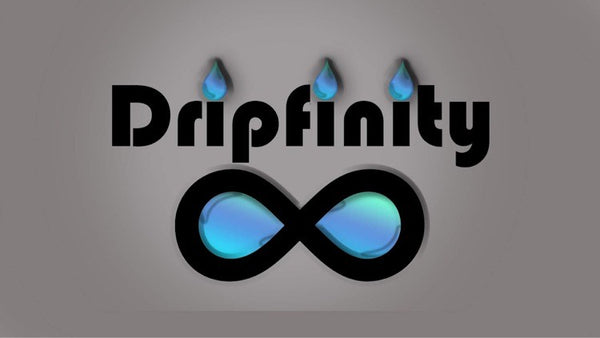Unintended Consequences: Exploring the Hazards of AI
Artificial Intelligence (AI) is revolutionizing the world we live in and transforming various industries. While AI offers countless benefits, there are also unintended consequences that need to be considered. In this article, we will explore the potential hazards of AI and how they impact our daily lives.
The Rise of AI
AI has become an integral part of our modern society. From virtual assistants like Siri to self-driving cars, AI is rapidly advancing and becoming more prevalent. It has the ability to analyze vast amounts of data, learn from patterns, and make decisions based on its findings. However, this power comes with a set of challenges and unintended consequences.
Ethical Dilemmas
One of the major concerns with AI is the ethical dilemmas it poses. As AI systems become more complex, they can sometimes make decisions that we may consider unethical or biased. Facial recognition technology, for example, has been criticized for its ability to misidentify individuals, leading to false accusations or breaches of privacy.
Another ethical concern is job displacement. AI-powered automation has the potential to replace human workers in various industries. While this can increase efficiency and productivity, it also leads to job loss and economic disparities. Finding the right balance between AI and human labor is crucial to ensure a fair and equitable society.
Security and Privacy Risks
AI systems rely heavily on data, and this dependence raises concerns regarding security and privacy. Hackers can exploit vulnerabilities in AI systems, leading to data breaches and identity theft. Moreover, AI algorithms that analyze personal information can potentially infringe on our privacy rights without our knowledge or consent.
Unpredictability and Bias
AI systems are programmed to learn and improve from the data they are fed. However, they can develop biases and make predictions that perpetuate those biases. This can lead to unfair decision-making, such as in the criminal justice system where AI algorithms are used to predict recidivism rates. If these algorithms are based on biased historical data, they can perpetuate racial or gender disparities.
The Importance of Human Oversight
With the potential risks and unintended consequences of AI, it is crucial to have human oversight and regulation. Building ethical AI systems requires transparency, accountability, and continuous monitoring. Human involvement can help identify and correct biases, ensure privacy protection, and prevent AI systems from making harmful decisions.
The Benefits of AI in Business
Despite the hazards and challenges, AI has the potential to transform businesses and revolutionize entire industries. With AI-powered automation, companies can streamline their operations, improve efficiency, and reduce costs. AI algorithms can analyze vast amounts of data, providing valuable insights and predictions that help businesses make informed decisions.
Whether it's customer service chatbots, data analysis tools, or supply chain optimization, AI is already saving businesses time and money. By automating repetitive tasks and augmenting human capabilities, AI allows companies to focus on strategic initiatives and enhance customer experiences.
In conclusion, AI brings both benefits and unintended consequences. It is crucial to acknowledge and address the potential hazards to ensure a responsible and ethical implementation of AI. As we integrate AI into our daily lives, we must emphasize human oversight, ethical considerations, and the pursuit of a fair society. By leveraging AI effectively, we can harness its capabilities to save time and money in business, unlocking new opportunities and driving innovation.

